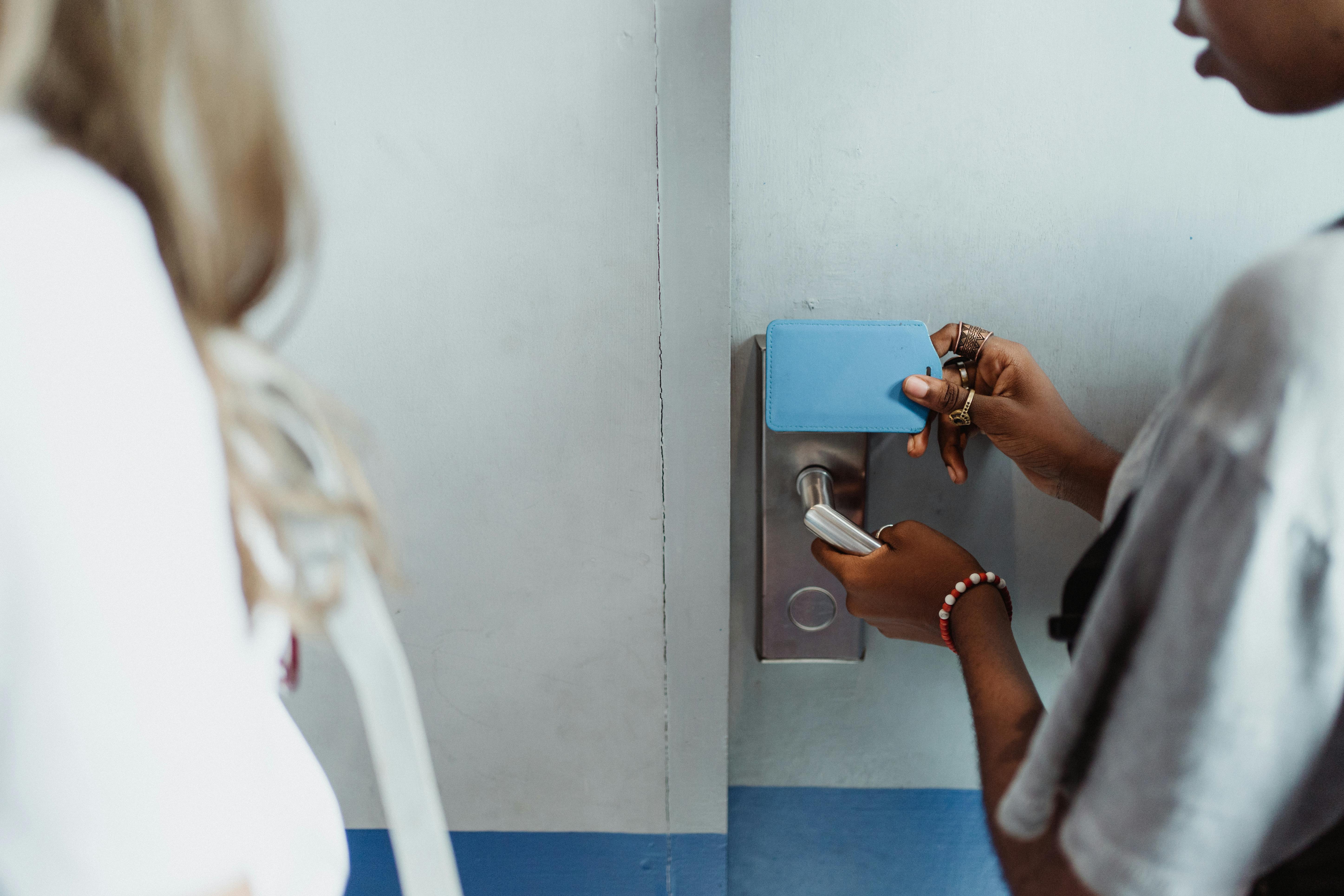
The Traveler’s Reckoning: Moving Beyond Convenience
What does this mean for the average person planning a trip next month? The calculus of choosing between a hotel and an alternative stay has fundamentally shifted. The perceived convenience of a tech-forward booking is now weighed against the risk of being left stranded with nowhere to sleep. We are witnessing a potential, albeit painful, market correction in traveler priorities.
The Global Alternative Accommodation Market size was pegged at USD 209.5 Billion in 2025, reflecting massive consumer adoption. Now, that growth trajectory faces a headwind born of fear. The conversation has moved from “How cool is this app?” to “If this goes bankrupt, who owns my luggage?”
Actionable Takeaways for Today’s Traveler:
This necessary skepticism will temper the appetite for the “asset-light” model that relies heavily on leasing rather than ownership, a model whose vulnerabilities have just been exposed in stark relief.. Find out more about Sonder sudden corporate dissolution fallout guide.
The Coming Legislative Avalanche: Scrutiny on Asset-Light Models
The immediate evictions, the lack of employee notification, and the sudden freezing of customer funds are precisely the catalysts that demand a response from lawmakers and consumer protection agencies. The operational structures of these tech-centric hospitality providers—which often have high fixed costs (leases) but variable, insecure revenue—are now under a microscope.
The *manner* of the closure, not just the closure itself, is what invites the heaviest scrutiny. The speed and lack of safety nets suggest current consumer safeguards are wholly inadequate for this new class of business. We anticipate a wave of legislative review aimed at closing the regulatory gaps exposed by this event. For a deeper dive into how evolving laws affect the tech and asset management space generally, reviewing outlooks on **investment management regulatory outlook** can offer parallels for how regulators approach novel business structures.
Escrow Accounts and Advance Notice: The New Baseline for Insolvency. Find out more about Sonder sudden corporate dissolution fallout tips.
The legislative discussion will inevitably center on mandating specific financial protections to shield the consumer from the company’s insolvency. If a company collects prepayments for services not yet rendered, they are, effectively, holding consumer deposits. Lawmakers will ask why these funds weren’t held separately.
Key legislative areas expected to be debated and potentially implemented include:
This move toward more stringent consumer safeguards is part of a larger trend where regulators are paying closer attention to how financial pressures intersect with digital platforms, whether in finance or travel. The era of the completely unregulated, ‘asset-light’ model appears to be ending, replaced by demands for operational transparency and built-in financial buffers.
Corporate Wake-Up Calls: Due Diligence in the Hospitality-Tech Intersection
For the hospitality industry executives who partner with technology firms, the lesson is stark: The high-multiple, “asset-light era” where cash-light companies scale rapidly, relies on continuous capital infusion and assumes smooth operations. When capital dries up or a key partnership dissolves, the structure collapses like a house of cards, pulling down brand equity with it.. Find out more about Sonder sudden corporate dissolution fallout overview.
The fallout is forcing every executive team involved in technology partnerships to re-examine their risk tolerance. The conversation has shifted from *growth potential* to *failure scenario planning*. If the tech partner fails tomorrow, what is the immediate operational and reputational plan? This is a critical pivot point for **modern lodging sector risk re-evaluation**.
Key Questions for Boardrooms Today:
The expectation is that the industry will consolidate, with financially stable, *sustainable* models emerging stronger because they prioritized disciplined operations over rapid expansion.
Conclusion: Building Resilience on Solid Ground
The sudden dissolution of a major player like Sonder is the type of disruptive event that forces the entire **modern lodging sector** to pause and rebuild its foundation. The fallout is not merely about a bankrupt company; it’s about the systemic vulnerability exposed in the marriage between hospitality and unchecked technology scale.
The core takeaway for every stakeholder—traveler, operator, and investor—is the same: Convenience that comes without adequate structural safeguards is a debt that will eventually be called in. The trust deficit created this week will take time and demonstrable structural change to repair. Expect more transparency, more regulation concerning prepayments, and a far more conservative approach to brand licensing in the months and years to come.
The industry must now shift its focus from the *asset-light* marketing message to the *liability-heavy* reality of insolvency. The modern traveler demands both innovation and ironclad reliability. The question now is, are the platforms ready to deliver both?
What is your take on the future of licensed hospitality models? Where should regulators draw the line between tech freedom and consumer protection? Share your thoughts in the comments below—we need a broad industry conversation on building more resilient travel ecosystems.
